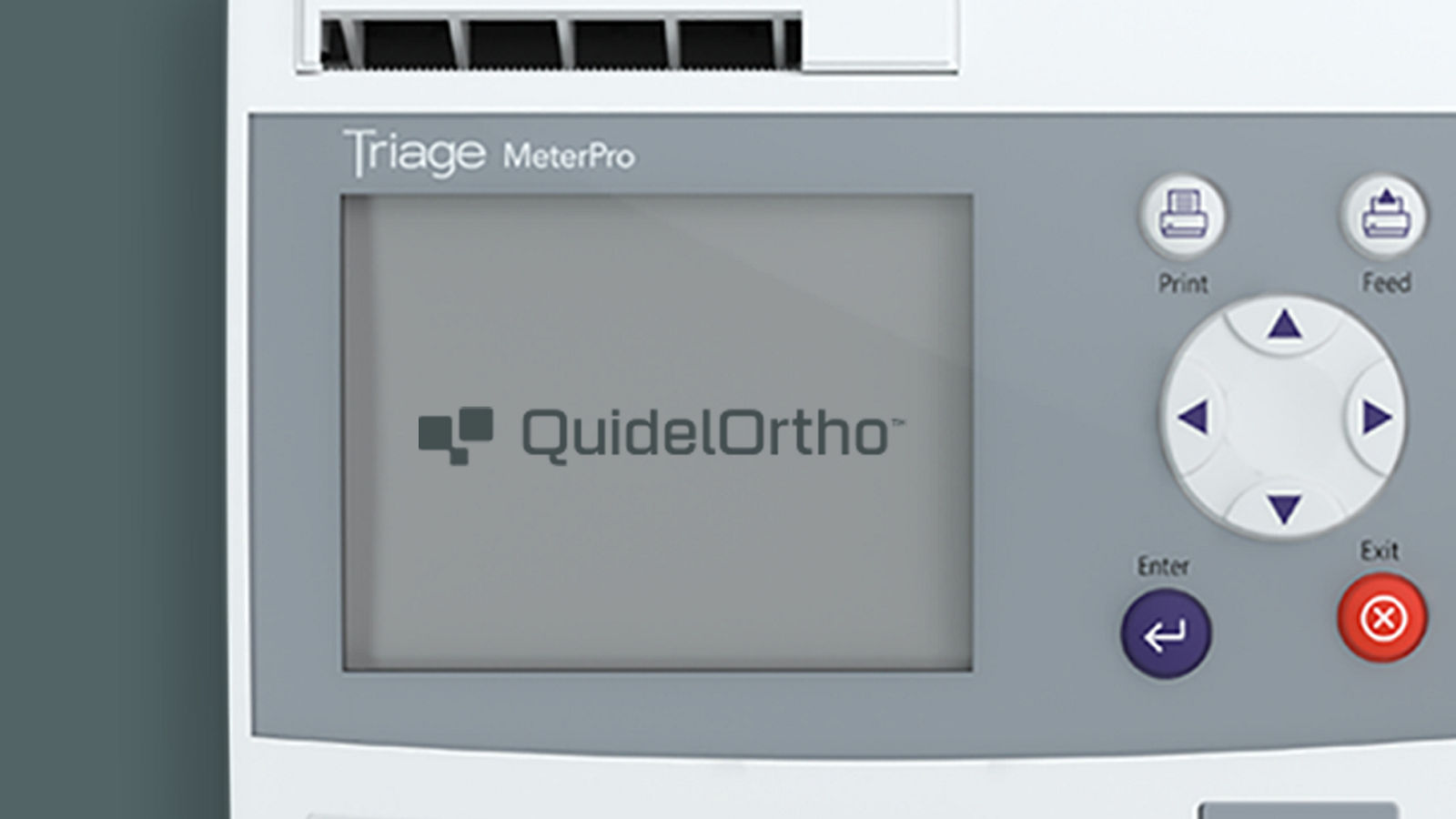Patients presenting with chest pain and shortness of breath are time-critical emergencies that leave your lab no room for error or delay in completing cardiac diagnostic tests. Achieving the best patient outcomes requires the fastest intervention possible.
Exceptional assay performance to inform treatment decisions
Our ValuMetrix® services team has proven results: one STAT lab increased testing volume by 82.6% without adversely impacting turnaround time.
*China ValuCheck® report. Data on file.
Don't waste time waiting: with a 24-hour ready mode, VITROS® Systems are ready when you are, with no ramp-up time.
Learn how VITROS® Automation Solutions can drive faster turnaround time, improved safety and a reduction in staffing requirements.
Our assays are designed to consistently produce accurate results – the first time – so your lab can reduce errors, deliver quality results and help clinicians set the course for quality patient care.

VITROS® High-Sensitivity Troponin Assay*
Provides high analytical sensitivity and precision for the detection of small changes at the 99th percentile, enabling early diagnosis of acute myocardial infarction.
VITROS High-Sensitivity Troponin assay*
Features a high negative predictive value that helps reduce emergency department crowding and requires fewer tests to rule out
Meets all International Federation of Clinical Chemistry and Laboratory Medicine (IFCC) requirements for classification as a high-sensitivity troponin assay
Shows excellent prognostic value as an aid in the assessment of cardiac-related mortality/MI and all-cause mortality over 30 days and 12 months
Is compliant for use with guidelines for management of acute coronary syndrome, including ESC, AHA and NICE
*VITROS High-Sensitivity Troponin Assay is not available in all countries. Please check with your local QuidelOrtho representative for availability.

VITROS® NT-proBNP II Assay
NT-proBNP II is more stable than BNP, an important feature when samples must be transported.1
VITROS NT-proBNP II assay:
Validated for use with ICON age-specific, cutoffs, which optimize diagnosis decisions, accounting for age and renal function with better specificity of acute dyspnea cases1-5
Long calibration interval at 70 days
Automated, on-the-fly loading of consumables and reagents with no interruptions
Intelligent sampling order to balance processing demands
Correlates well with most other NT-proBNP assays5
Optimize patient outcomes and combine laboratory testing with emergency room testing
1. Kim HN, Januzzi JL Jr. Natriuretic peptide testing in heart failure. Circulation. 2011;123(18):2015-2019. doi:10.1161/CIRCULATIONAHA.110.979500
2. Masson S, Latini R, Anand IS, et al. Direct comparison of B-type natriuretic peptide (BNP) and amino-terminal proBNP in a large population of patients with chronic and symptomatic heart failure: The Valsartan Heart Failure (Val-HeFT) data. Clin Chem. 2006; Aug;52(8):1528-1538. doi:10.1373/clinchem.2006.069575
3. Januzzi JL Jr, Camargo CA, Anwaruddin S, et al. The N-terminal Pro-BNP investigation of dyspnea in the emergency department (PRIDE) study. Am J Cardiol. 2005;95(8):948-954. doi:10.1016/j.amjcard.2004.12.032
4. Januzzi JL, van Kimmenade R, Lainchbury J, et al. NT-proBNP testing for diagnosis and short-term prognosis in acute destabilized heart failure: an international pooled analysis of 1256 patients. Eur Heart J. 2006;27(3):330-337. doi:10.1093/eurheartj/ehi631
5. Vardeny O, Miller R, Solomon SD. Combined neprilysin and renin-angiotensin system inhibition for the treatment of heart failure. JACC Heart Fail. 2014;2(6):663-670. doi:10.1016/j.jchf.2014.09.001


